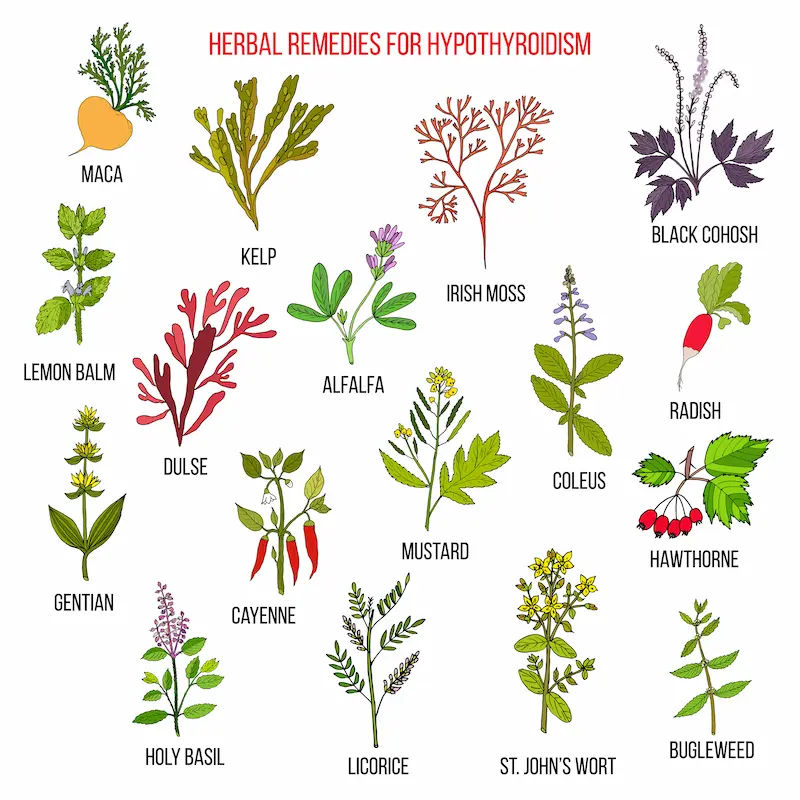- female
- 40 Years
- 31/03/2021
Is broccoli bad for thyroid?
Answered by 1 Apollo Doctors
It's not good for thyroid as cruiciferous vegetables such as broccoli interfere with how your thyroid uses iodine.
Dr. Mubarak Suggests...
Consult a Endocrinologist
Answered 04/07/2025
0
0

Ask Apollo
AI powered Health Chatbot
-
Moderation is Key: Broccoli is generally safe and beneficial due to its nutrients. Consume it in moderation.
-
Cooking Benefits: Cooking broccoli reduces goitrogens, which can interfere with thyroid function.
-
Iodine Intake: Ensure adequate iodine intake to minimize any potential impact on thyroid health.
-
Consult Your Doctor: Discuss dietary choices with your healthcare provider, especially if you have thyroid conditions.
In summary, broccoli is not inherently bad for thyroid issues but should be consumed wisely.
Answered 20/08/2025
0
0

More Endocrinology Health Queries
View allI'm feeling this painful lump on my chest that really hurts when I press on it. I noticed that the muscle there feels uneven and doesn't seem normal compared to the other side. My right chest even looks bigger and kind of more girlish, with a darker brownish-pink color compared to the left side, which seems normal. Is this something I should be worried about? What could be causing these changes?
That could be Gybaecomastia,no need to worry visit General surgeon for further evaluation
Answered by 1 Apollo Doctors
Is 14080 a normal level, or should I be worried and consider some medications? I'm currently lactating. Is this considered high, or is it within the normal range? Please help me out, I'm really concerned.
No it's normal, according to latest guidelines 14090 BP is considered to be normal
Answered by 1 Apollo Doctors
Is it safe to have goiter surgery during covid since it's quite urgent for us Are hospitals currently performing these surgeries without high risk
In case of the individuals having no COVID-19 symptoms and findings, but being under the risk of viral transmission, actions should be taken in compliance with the recommendations of the relevant units if they do not have an acute airway failure due to thyroid disease.
Answered by 1 Apollo Doctors
Disclaimer: Answers on Apollo 247 are not intended to replace your doctor advice. Always seek help of a professional doctor in case of an medical emergency or ailment.

 How much broccoli is safe to eat with thyroid issues?
How much broccoli is safe to eat with thyroid issues? 
